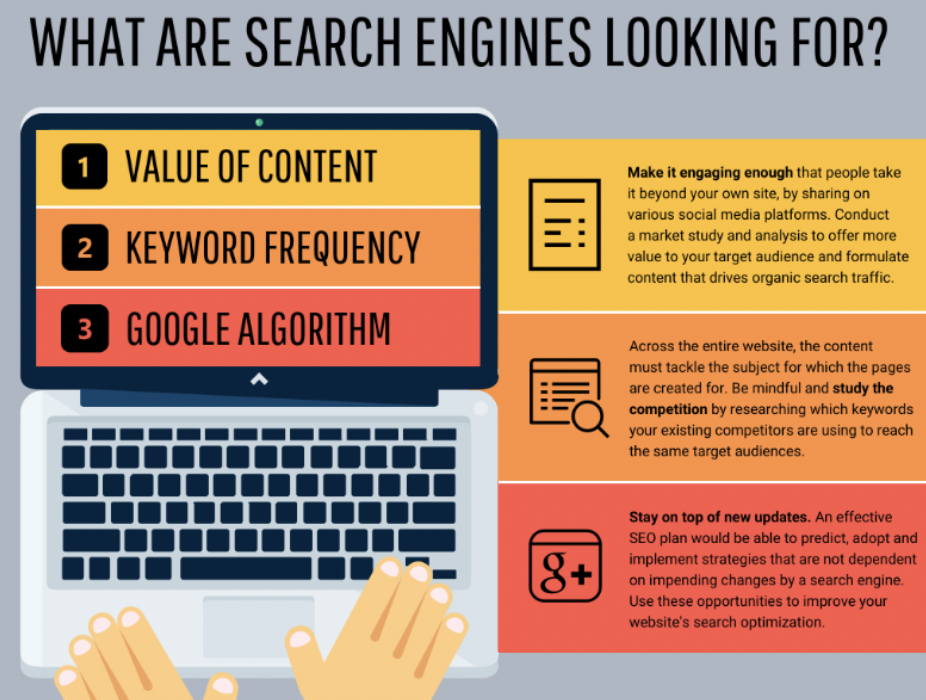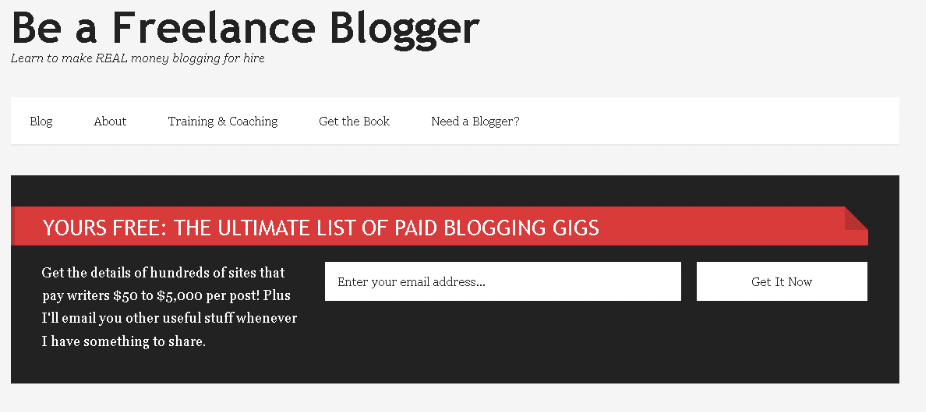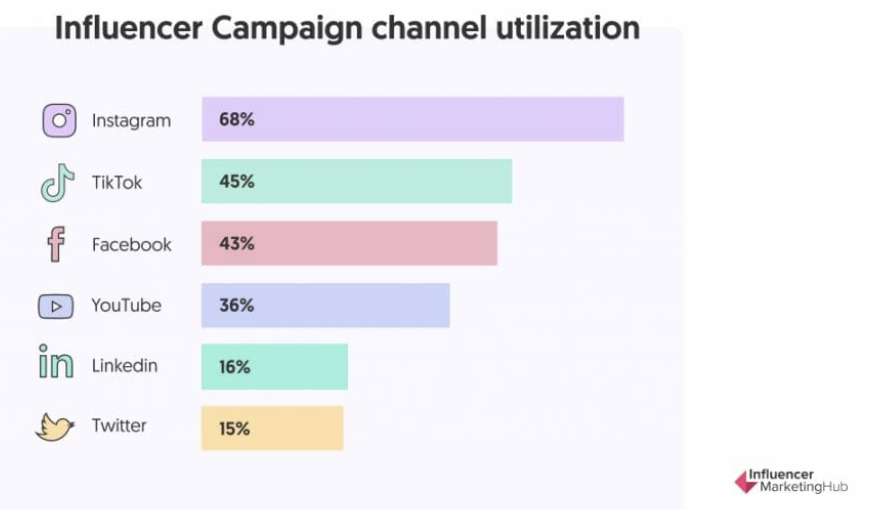Single-Niche vs Multi-Niche Blog for Link Building

Single-Niche vs Multi-Niche Blog for Link Building
Let's face it: links are essential to keeping your blog relevant and trafficked. Some of your link-building success will come from your blog's structure and format. How do you best set yourself up for success? Make the crucial choice between a single-niche blog and a multi-niche blog.
SEO experts and marketing leaders look at many factors when creating link-building campaigns.
Well-placed internal and external links can help build brand awareness, improve sales, and establish your brand as an industry expert. All of these things can help you grow, regardless of whether you’re a solo blogger or running a multi-million dollar e-commerce website.
Believe it or not, everyone can benefit from a blog on their website. Research shows that around 77% of internet users read blog posts. When you hone in and look at B2B websites, the data suggests that brands that blog see 52% more organic traffic than non-blogging businesses.
This growth is primarily due to the merging of links and high-quality content.
Single-Niche vs Multi-Niche Blogs: What are They?
One factor people should remember when developing a link-building campaign is the type of blog they are using to share and generate links. There’s a debate between single-niche and multi-niche blogs.
Single-niche blogs cover one central topic or industry. For instance, online pet stores and email marketing SaaS are generally considered single-niche.
On the other hand, multi-niche blogs cover several different industries that may or may not be connected. Affiliate blogging websites are an excellent example. Affiliates usually work with multiple brands who all sell different types of products.
Some people believe covering (and linking) a wide range of topics is more profitable and effective, while others have found the opposite true.
Today, we will look at several factors that tie link-building to blogging and determine whether single or multi-niche blogs have a competitive advantage when creating campaigns.
Looking for help with blog content writing? Connect with an expert content marketing company to unify and support content production.
How to Determine What Type of Niche Blog to Choose
Here are some common priorities for blogs that will help you determine whether a single or multi-niche blog is right for your purposes:
1. Choosing Keywords
You can’t discuss blogging, SEO, and link building without mentioning keywords. A whopping 68% of all online experiences start with a search engine. In other people, people are constantly searching for keywords when they want to find relevant information or products.
To understand how keywords can affect your SERPS position based on the type of blog, you have to know how Google perceives keywords and search in general.

Source: Venngage
Google sees keywords and links as pieces of a puzzle. The algorithm puts these pieces together and determines the intent of your website by looking at “the big picture.”
Let’s say you have a single-niche blog about gardening. You have keywords that include “growing vegetables,” “best fertilizer,” “irrigation system for beginners,” and so on. When Google looks at these words and the links around them, it can determine that your site is about gardening. As a result, you’ll have an easier time ranking for niche keywords.
Now, let’s compare this to a multi-niche website. Imagine you have the same gardening articles on your website, but you also have blog posts about pet care, fashion, and makeup. Suddenly, it’s not as easy for Google to determine the purpose of your site, which can and will affect where your site appears in the SERPS.
The lesson here is it is, in fact, easier to rank for keywords on niche websites. If your link campaign is designed to promote a new product or content, keep future topics and links consistent, and you’ll have a better chance of hitting page one on Google.
2. Keeping Readers Engaged
You can spend a ton of time building links through search and brand partnerships, but it won’t matter much if people are not clicking and engaging with your website.
At face value, a multi-niche blog seems like a good choice here. If you’re covering a wide range of topics and using many links, you can keep a lot of readers engaged. But here’s the thing; a single niche blog is a clear winner in this situation.
The number one reason people leave a blog dissatisfied is they can’t find the information or offer they want.
Now, imagine the gardening example from earlier. You visit their website in hopes of finding an article about growing tomatoes. As you scroll through the blog, you see posts about the best dresses, taking care of puppies, and mobile app reviews.
Quick question, would you keep scrolling or hit the back button? Most people would go back to the search results and look for a more targeted blog. Gardening seemed like such a small portion of your website that most users would leave in favor of a dedicated blog.
In short, yes, multi-niche blogs can keep readers engaged. But sadly, most people will only take a shallow dip instead of becoming immersed in your brand. Single-topic brands are much better for building a dedicated audience. People will know what to expect when they click a link to your site; sometimes, that can make all the difference.
3. Establishing Yourself as an Expert
Establishing yourself as an industry expert is vital, especially if your business is new and you want to build social proof. When people see you as trustworthy and an expert in your industry, they are more likely to take your advice and engage with your brand.
Your link campaign should align with your expertise if you hope to expand your knowledge and become a known industry thought leader. Much like our other tips, this is easier to accomplish if you have a single-niche blog.
Let me show you what I mean. Here’s an example from a website called Be a Freelance Blogger:

Source: Be A Freelance Blogger
The title and description clearly state that this is a single-niche website for people interested in making money blogging. As a result, you would expect all of the links on this website to be relevant to the main topic.
Imagine if someone turned to this website for help and, once they opened the blog, were greeted with articles and links that discuss taking care of an above-ground pool. Suddenly, the reader wouldn’t have as much trust in this creator as a blogging expert.
In this sense, it’s easy to see why building your reputation with a multi-niche blog is more challenging.
You have to establish yourself as an expert in multiple fields all at once with a group of people with wildly different interests. All the while, you have to build links and track your search presence across the various sub-topics. It’s possible but not easy.
4. Improving Sales
Your link-building campaigns combined with your blog can tremendously impact sales. Research shows that 60% of online shoppers say they’ve bought a new product after reading a relevant blog post.
The keyword here is relevant.
If you’re selling a product or service, it’s probably centralized around one niche. For example, the owner of an email marketing SaaS has one central topic: marketing and growth through email.
Because of this structure most brands have, it makes sense to have a single-niche blog for your online store. People interested in buying email marketing software don’t care about pet products, gym equipment, or even other aspects of growing their business.
They are there because they want to master email, and you have the power to help them through your content and link structure.
The further you stray from your main topic or customer pain point, the harder it will be to turn first-time visitors into customers.
5. Working with Other People
Finally, let’s talk about how a single or multi-niche blog will impact your interactions with other businesses and influencers. As a general rule of thumb, social media influencers and brands partner with companies that have a target audience similar to their own.
If topics on your blog are spread thin, finding high-profile partners willing to work together on content and link to your site may be tricky. The best course of action is to look for people with similar audience needs and goals.
Let’s go back to the email marketing SaaS example I mentioned earlier in this post. This company would probably turn to a tech influencer or another B2B company when they wanted to work together on a link campaign.
The tech influencer likely has followers who want to improve their email campaigns and may be interested in clicking a partner link in the description. If you want to know more about where to find influencers for your business, here’s a handy chart for future reference.

Source: Influencer Marketing Hub
Meanwhile, the other B2B company may have a product that compliments the email software. If they sell hosting, for instance, they can bundle the email SaaS with their hosting to offer readers more value.
It’s typically easier to form partnerships with other creators if you have one central niche and several small niches. You can send a link to your site and let the content speak for itself.
On the other hand, a multi-niche blog owner would have to pour through their posts and curate a new list of content and link opportunities for every potential partner.
Final Verdict: Single-Niche VS Multi-Niche Blog, Which is Better?
It’s clear by now that the best way to maximize the value of your link campaign is to have a single-niche blog. You’ll have an easier time choosing keywords, building trust, forming partnerships, and improving your search ranking.
However, this shouldn’t discourage you from pursuing a multi-niche blog if you’re passionate and have patience. There’s certainly a chance you could hit it big with an expansive site and attract tons of traffic and sales. But you should know that it requires far more work, patience, and persistence.
Ultimately, you have to follow your goals and the data. Use this information to guide the direction of your blog and next link campaign.
